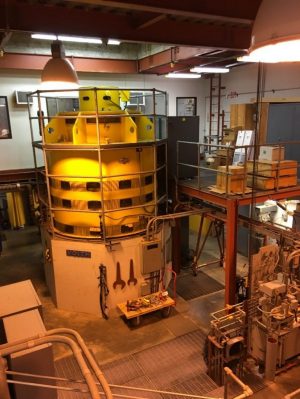 Content Director
Content Director The Low Impact Hydropower Institute recently announced it had awarded low-impact certification status to two hydroelectric facilities:
West Delaware Tunnel Hydroelectric Project certified, from March 29, 2019, through March 28, 2029
Lake Chelan Hydroelectric Project recertified, from September 26, 2017, through September 25, 2022
The 7.5-MW West Delaware Tunnel project is in Sullivan County, New York, on land owned by the New York Department of Environmental Protection. It is part of their West Delaware Aqueduct, which supplies drinking water to New York City. The project is located in the aqueduct between the Cannonsville and Rondout reservoirs and is owned by West Delaware Hydropower Associates (which is owned by Brookfield Renewable Energy Group). It was constructed in 1987 and is exempt from Federal Energy Regulatory Commission licensing as a qualifying conduit project.
The 59.2-MW Lake Chelan project is on the Chelan River in Chelan County, Washington. It occupies 465.5 acres of federal lands administered by the U.S. Forest Service and the U.S. Department of the Interior, National Park Service. The project is owned by Public Utility District No. 1 of Chelan County and consists of Lake Chelan, a 40-foot-high-by 490-foot-long concrete gravity dam, a power tunnel, surge tank, penstock, powerhouse and tailrace.
LIHI is a non-profit organization dedicated to reducing the environmental impacts of hydropower generation through the certification of hydropower projects that have avoided or reduced their environmental impacts pursuant to the institute’s criteria. The voluntary LIHI program is designed to help consumers identify environmentally sound, low-impact hydropower facilities. Certification under the program means the owner can market the project as a certified low-impact facility.
LIHI has granted Low Impact Certification to nearly 200 hydropower facilities located in 23 states and on 84 rivers and representing 15,000 GWh of clean, climate-friendly generation since 2000.
 Content Director
Content Director